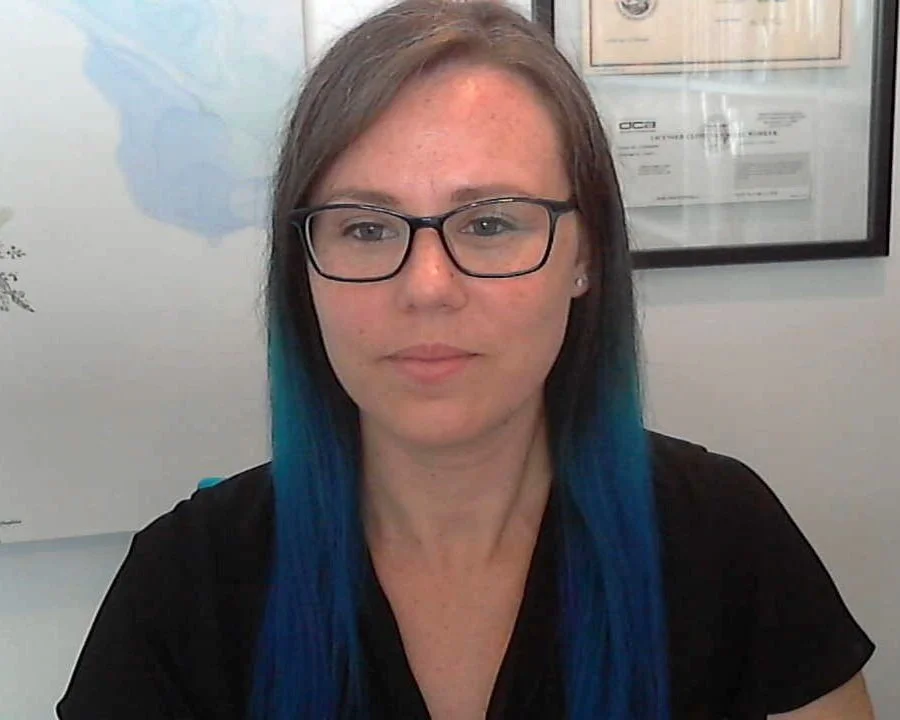
About Me
Depending on the research article you read, 15-50% of therapeutic outcomes can be attributed to the relationship between the client and the therapist.
I strive to practice with a warm, down-to-Earth approach grounded in research-backed interventions. I like to use examples from my own life to demonstrate the therapeutic skills I teach, and work to get to know my clients to tailor treatment to each person’s specific needs and therapy goals. I have two main promises to all clients (1) I will always use empirically-validated interventions and, (2) I will never ask you to do something that I would not do myself.
My primary treatment modality is Cognitive Behavior Therapy (CBT) because it has a large body of research for a broad range of mental health conditions and stressors.
In contrast with lengthy process-based interventions or generic “talk therapy”, CBT gives structure to each session, keeping therapy focused and immediately offering clients tools they can use outside of therapy. CBT focuses on the thoughts, emotions, and behaviors associated with our anticipation of, or reactions to, everyday experiences. CBT also lends itself to the integration of other modalities allowing the clinician flexibility to tailor treatment to the client’s needs. Click the Modalities tab for more information about CBT and other interventions.
I specialize in treating trauma, anxiety, bipolar disorder, and young adults. My practice is LGBTQ+ competent and psychosis- and neurodiversity-friendly.
Trauma work has always been my first love and my entire practice is trauma-informed. I was trained in CPT at the VA and followed that with IFS and EMDR more recently. It takes perseverance but trauma-related symptoms can be overcome.
Anxiety disorders are the most commonly diagnosed mental health conditions in the US and are highly co-occurring with depression, trauma, and bipolar disorder. My proficiency in treating anxiety is based on both clinical training and lived experience.
Similarly, my specialty in treating young adults grew out of remembering that time in my own life and an ability to connect through simply being genuine. I have developed a 12-week group curriculum for young adults and, as a former ABA, I welcome young adults with mild-moderate autism to my practice.
Finally, I developed a specialty in treating bipolar disorder, largely because I was one of the clinicians who is not afraid of it. Mania and psychosis can be treated with a good combination of medications, proper therapeutic interventions (IPSRT, CBT, IFS), patience, resilience, and hope.
LGBTQ+, BIPOC, immigrant, native, and people of all cultures and religious backgrounds are warmly welcomed to my practice.
Clients are coming to therapy to work on their mental health, and should not have spend an excessive amount of time educating their therapist on their community or cultural background. I promise to not make assumptions and let you guide any cultural conversations. If it would make you more comfortable to know if I have worked with someone from your community or culture in the past, don’t hesitate to ask.
Audra Linn, LCSW (she/her)
Owner & Therapist, Linn Therapy





